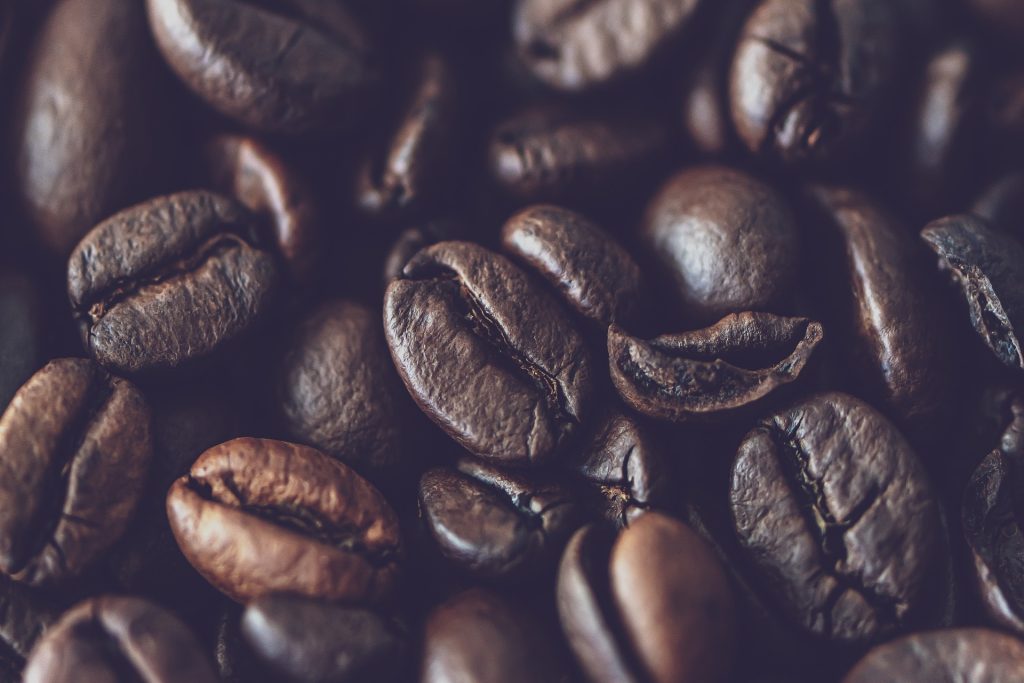Intrinsic vs. Extrinsic Motivation
Motivation is an essential component of lifestyle changes and is a powerful tool in the journey focused on achieving goals. It is a drive that propels a person to take action to achieve something. Motivation plays a has a crucial role in shaping our lives and influencing our choices. It benefits a person by improving productive performance, stress, and time management. Whether it is an objective or a requirement to meet, the efforts in the aimed direction are achieved through perseverance and decision-making through motivation.
Motivation can arise internally or externally—demands and incentives from an outside source fuel external or extrinsic motivation. In contrast, the motivation that is derived from one’s own will and desires is internal or intrinsic motivation (1). In this blog, we will highlight the subtle differences in the types of motivation and how motivation will help you foster holistic healing and well-being.
Understanding Intrinsic Motivation
The internal impulse that propels people to participate in things for their enjoyment, fulfillment, and interest is known as intrinsic motivation. It is a potent force promoting a sincere connection between people and pursuing their dreams, ambitions, and desires, serving as the cornerstone of a happy and meaningful existence (2). Intrinsic motivation is essential in natural health and lifestyle because it captures the idea of doing things that bring people joy and inner satisfaction, connecting them to their innate values and desires (3).
A few examples are growing a garden for the love of the outdoors, doing yoga for inner peace and well-being, painting for the sheer delight of creation, and engaging in interests or pursuits motivated by inner passions. These pursuits bring inner fulfillment that is not dependent on approval from others.
Key Factors for Intrinsic Motivation:
Some key factors that boost intrinsic drive are:
- Personal Interest: Personal interest in natural healing drives intrinsic motivation. Genuine curiosity about the concepts and advantages of natural healing strengthens the internal drive to engage in related activities. This, in turn, promotes persistent motivation in this area.
- Autonomy fosters intrinsic motivation. It allows individuals to select natural treatment methods consistent with their beliefs and builds a sense of ownership and control.
- Sense of Competence: Developing a sense of competence boosts confidence and reinforces commitment. This way, an individual feels capable and proficient, further fueling intrinsic motivation.
People who follow interest-based practices, practice self-determination, and become competent improve their well-being and build enduring relationships with these values.
Intrinsic Motivation and Mindfulness:
Mindfulness promotes natural healing and holistic health by enhancing present-moment awareness, understanding internal drives, and enhancing self-awareness. It enhances happiness and fulfillment, extending beyond physical well-being to emotional and spiritual health. A transforming path of self-discovery is fostered by mindfulness and intrinsic motivation. Intrinsic motivation helps you by creating a harmonious, well-balanced life-enhancing natural healing (4).
You may also like – How Mindfulness Impacts Our Health – The Science
Holistic Harmony:
To cure, holistic medicine acknowledges the connection between the mind, body, and spirit. Individuals can cultivate a harmonious relationship with their intrinsic motivations by attending to physical ailments and emotional, mental, and spiritual aspects. This can improve the efficacy of natural healing practices.
Exploring Extrinsic Motivation
External motivation involves behaviors driven by external rewards or consequences, such as the drive to be socially recognized, societal expectations, and tangible rewards. Unlike intrinsic motivation, which arises from internal satisfaction and personal fulfillment, external motivation is derived and influenced by an external stimulus (5).
Extrinsic motivation plays a crucial role in influencing the behavior of individuals to work towards adopting a healthier lifestyle. In holistic health practices, it’s critical to understand how intrinsic and extrinsic motivation interact to maintain a balance between the two forms of motivation and ensure that outside influences match an individual’s internal ideals.
People pursue natural healing and holistic well-being for external reasons, such as food habits and health practices. Social beauty standards and outside incentives may serve as motivation for these behaviors. Beyond the intrinsic benefits of natural treatment, the dynamic interaction between natural healing methods and extrinsic incentives can further complicate an all-encompassing approach to well-being by affecting behavior.
Cautionary Aspects:
External motivators can help encourage beneficial changes but can lead to burnout or disengagement. This emphasizes the requirement for a more enduring and internal source of drive. In holistic health, true well-being necessitates an internal motivation beyond outside validation. The foundation of long-term well-being is intrinsic motivation derived from a sense of fulfillment and purpose in life. People should dedicate themselves to their general well-being and develop a solid internal motivation consistent with their underlying beliefs.
Self-Determination Theory:
The Self-Determination Theory provides a sophisticated explanation of extrinsic motivation. It clarifies the complex nature of motivation and offers a comprehensive framework for comprehending how it manifests itself in different situations. This notion goes beyond a reductionist understanding of motivation and is especially helpful in natural treatment because each person’s journey is highly personal. It promotes a well-rounded strategy that includes extrinsic and internal motivators. This enables people to get strength from both without sacrificing authenticity. By promoting a dynamic synergy between internal motivations and outside factors, this understanding provides a long-term route to comprehensive well-being. The Self-Determination Theory broadens our comprehension of motivation and guides us through self-discovery (3).
Nurturing Your Inner Drive:
Natural healing is strongly dependent on developing internal motivation. For this, mindfulness is a potent tool that helps cultivate a connection with one’s inner goals and ambitions. People can connect their behaviors with genuine goals by clicking with their fundamental motivations through self-reflection, deep breathing, and meditation. The cultivation of mindfulness strengthens one’s sense of self and personal values, which lays the groundwork for overall well-being.
You may also like – How To Develop Emotional Intelligence Using Mindfulness
Summary:
In conclusion, intrinsic motivation is an internal impulse that satisfies a person’s needs and connects them to their fundamental beliefs and aspirations. It pushes people to pursue activities for personal interest, joy, and fulfillment. Some key factors that influence intrinsic motivation are autonomy, a sense of competence, and personal interest. Mindfulness develops self-awareness and supports the desire for contentment and pleasure by focusing on the present moment. On the flip side, extrinsic motivation, which is fueled by outside benefits, encourages behavioral adjustments for leading a better lifestyle. An adequate balance between the two types of motivation is essential. To cultivate the innate desire for natural healing, one must adopt a holistic perspective and attentive practices, using mindfulness as a powerful instrument.
Notes & Sources:
1. Morris LS, Grehl MM, Rutter SB, Mehta M, Westwater ML. On what motivates us: a detailed review of intrinsic v. extrinsic motivation. Psychol Med. 52(10):1801–16.
2. Oudeyer PY, Kaplan F. What is Intrinsic Motivation? A Typology of Computational Approaches. Front Neurorobotics. 2007 Nov 2;1:6.
3. Di Domenico SI, Ryan RM. The Emerging Neuroscience of Intrinsic Motivation: A New Frontier in Self-Determination Research. Front Hum Neurosci. 2017 Mar 24;11:145.
4. Li L ying, Meng X, Hu W ting, Geng J Sen, Cheng T Hua, Luo J Cheng, et al. A meta-analysis of the association between mindfulness and motivation. Front Public Health. 2023 Aug 8;11:1159902.
5. Hsieh PH. Extrinsic Motivation. In: Goldstein S, Naglieri JA, editors. Encyclopedia of Child Behavior and Development [Internet]. Boston, MA: Springer US; 2011 [cited 2023 Nov 21]. p. 627–8. Available from: https://doi.org/10.1007/978-0-387-79061-9_1077




